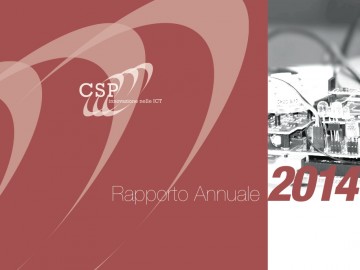
DE-LAN final conference “Digital Business Collaboration 2012” took place in Cardiff, on October the 18th, 2012.
More smaller enterprises in Europe’s regions need to collaborate digitally if they are to compete effectively in the global markets of the future. That was the central message of a landmark conference held in Cardiff, Wales last week (October 18th ) which also marks the completion of a three-year EU-wide project in which Wales was the lead partner among nine European regions.
The gathering heard how, by working together online, small and medium-sized enterprises (SMEs) can increase capacity, share expertise, achieve cost efficiencies and economies of scale, become more innovative, overcome the risk of isolation and break into profitable worldwide markets.
Public policymakers from across Europe and SME representatives at the event were urged to put digital business collaboration right at the top of their agendas and to maximise the use of fast-developing technology to give their regions and their companies greater competitive advantage.
The gathering entitled Digital Business Collaboration 2012 was the final conference of the EU INTERREG IVC-funded Digital Ecosystems – Learning Application Network (DE-LAN) project.
It included the launch of a European Good Practice Guide and Toolkit based on the study of existing digital collaboration across Europe and the lessons learnt from the pilot projects undertaken by the DE-LAN project. These documents are designed to allow others to learn from DE-LAN’s exchange of experiences and identification of good practices. They provide practical steps to enable businesses to work together more effectively and help regional authorities across the EU understand how they can help shape the right environment to encourage sustainable digital networks, also known as ‘ecosystems.’
DE-LAN was particularly targeted at regional policy makers and stakeholders who can influence or facilitate the development of such systems.
Delegates at the conference received presentations from global players such as IBM and Cisco as well as from Geosho, a small business from Gwynedd, and Kaunas University of Technology, Lithuania on the experiences of digital business networks already operating across the EU. Representatives oftwocompanies involved-Kevin Curtis, managing director of Applied Health Intelligence and James Zorab, chief executive of Codel, a digital data authentication specialist -explainedhow this approach is helping bridge the gap that previously made it very difficult for smaller enterprises to penetrate the huge NHS market.
Within the secure cloud environment, accredited healthcare applications can be deployed to NHS staff UK-wide.Users in theNHScan thensample and comparea wide range of software products ata significantlyreduced cost beforetriggeringa formal procurement process.As a resultof the project, Welsh eHealth companies will benefit by breaking into the NHS market and achieving a rapid return on their investment in developing new healthcare applications.
In addition to Wales the DE-LAN initiative studied and shared experience from projects in Extremadura in Spain, Lazio and Piemonte in Italy, Vysocina in the Czech Republic, and Kaunas in Lithuania.
The DE-LAN European Good Practice Guide launched at the conference gives a detailed breakdown of each project studied and sets out how the lessons learned in each case can be used to help spread digital business collaboration across all of Europe’s regions.This is intended to play a crucial role in boosting the competitiveness of EU economies with increased ICT investment and exploitation expected to account for 30% of EU productivity growth.
To conclude, digital collaboration represents an ideal opportunity for smaller enterprises in Europe’s regions to take their products and services to wider markets and compete on a par with larger international businesses. This will enable those regions to accelerate their development; putting themselves right at the heart of the global economy and improving life for their citizens.




